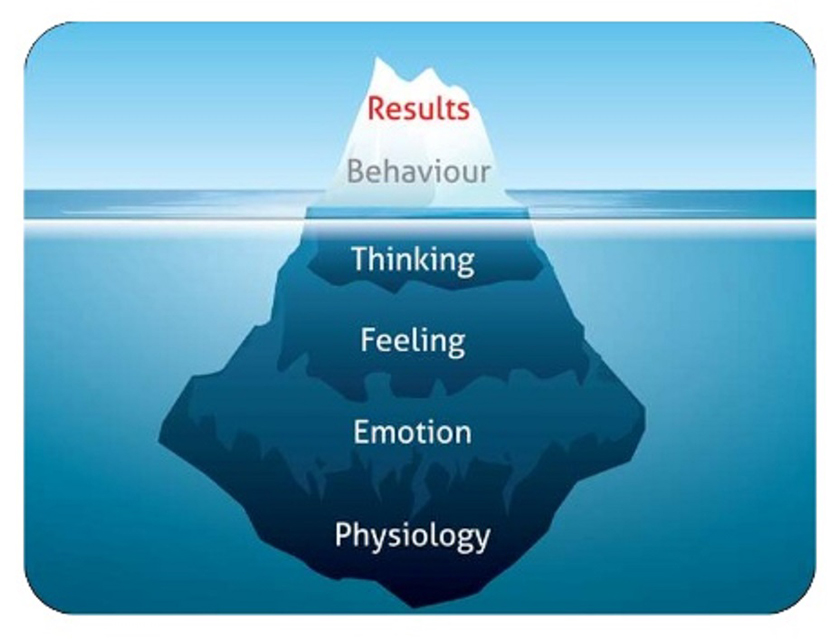Benefits of Meditation (Yoga in Heston)
In the hustle and bustle of our modern lives, where the pace is frenetic and stress seems to be an ever-present companion, the quest for inner peace and well-being has become more critical than ever. Amidst the myriad of self-care practices, meditation has emerged as...










